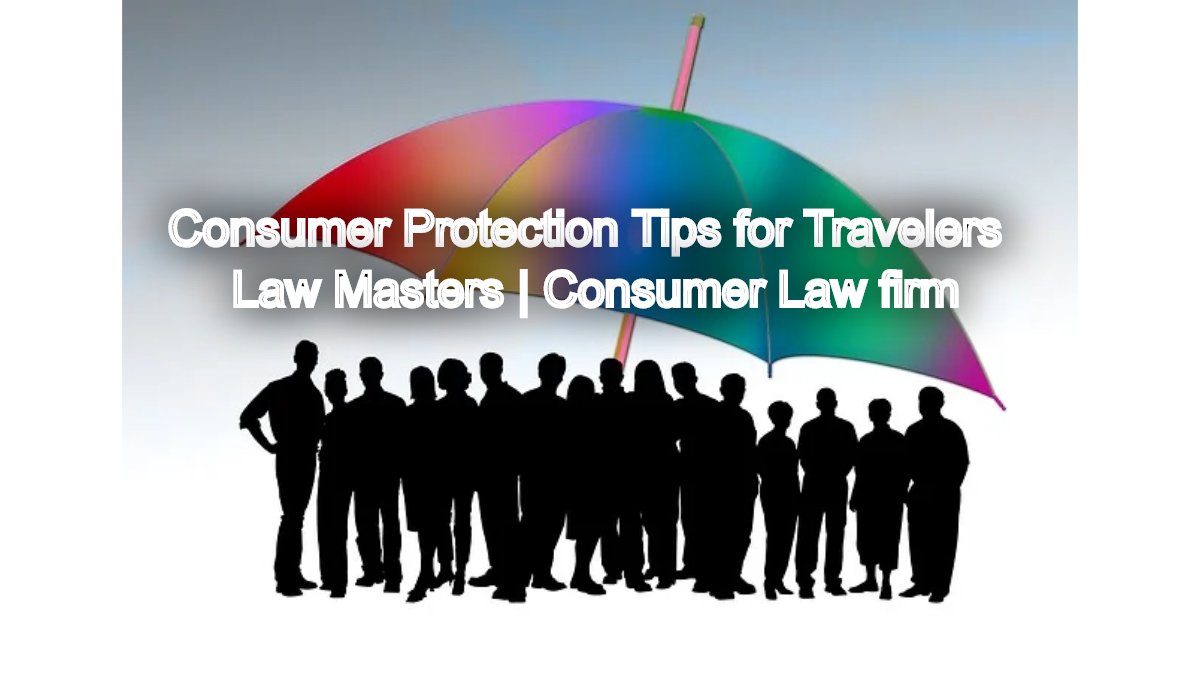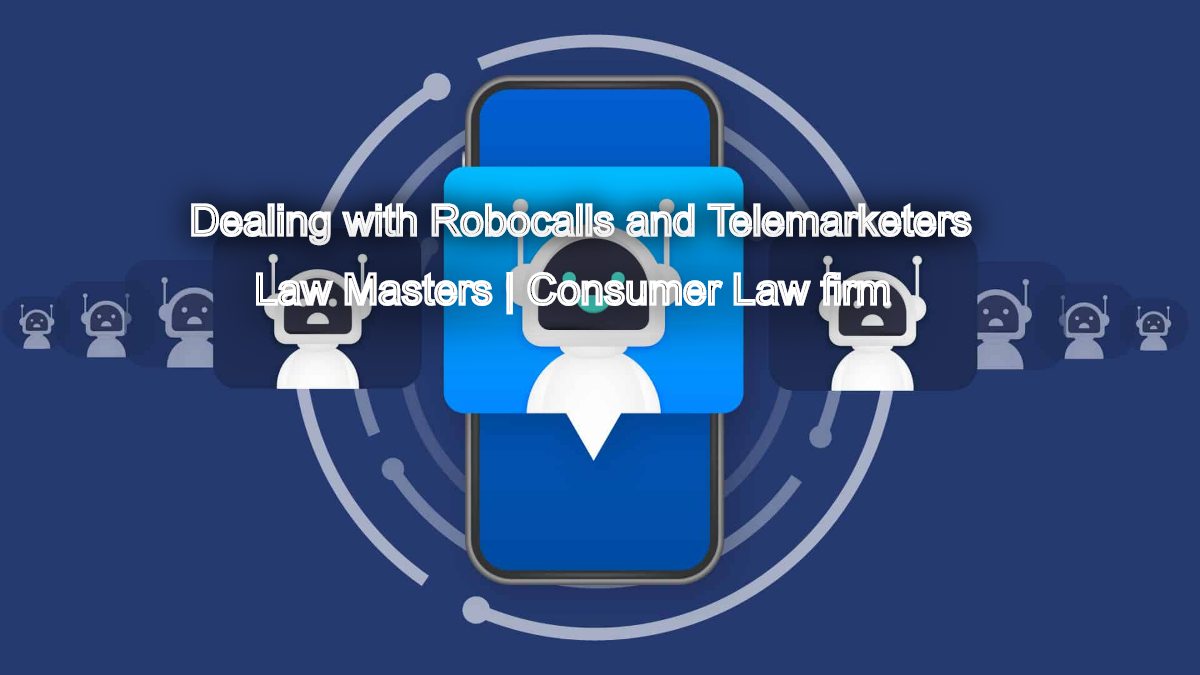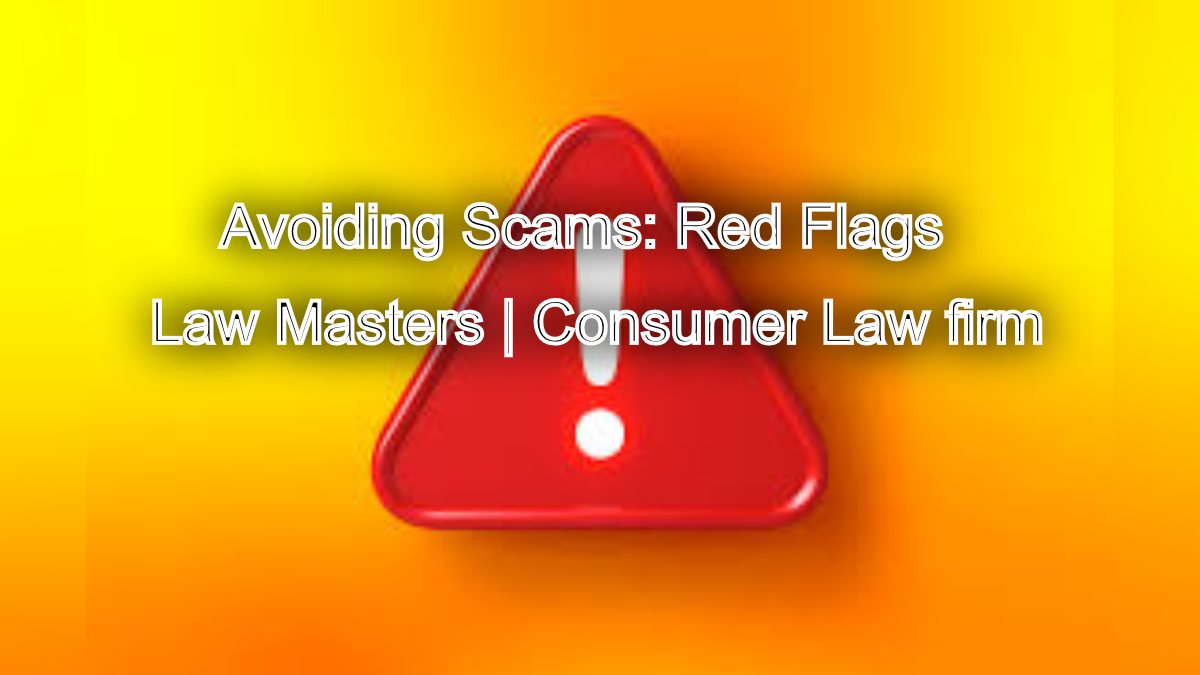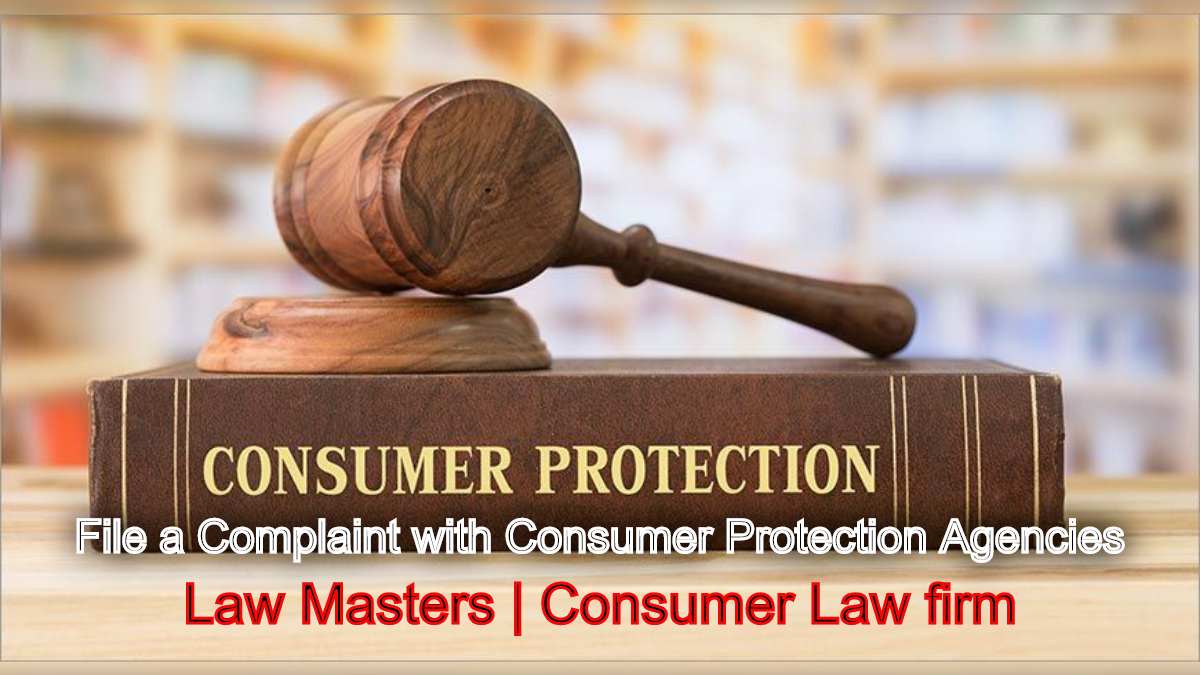The Impact of Consumer Reviews and Ratings: In today’s hyper-connected digital age, consumer reviews and ratings wield immense power. They have evolved from mere opinions to potent forces that significantly impact businesses across various sectors. These online testimonials, readily accessible to potential customers, shape perceptions, influence purchasing decisions, and ultimately dictate the success or failure of enterprises. This article will delve into the profound impact of consumer reviews and ratings, exploring their legal implications and the role of Law Masters, a leading consumer law firm, in navigating this complex landscape.
The Impact of Consumer Reviews and Ratings in the Digital Age: Law Masters | Consumer Law Firm
The Rise of Online Reviews and Ratings:
The Impact of Consumer Reviews and Ratings: The advent of the internet and the proliferation of social media platforms have democratized consumer feedback. Platforms like Google My Business, Yelp, Amazon, and social media networks provide a platform for consumers to share their experiences, both positive and negative, with a global audience. Consequently, businesses are increasingly reliant on positive online reviews to attract new customers, build brand reputation, and maintain a competitive edge.
The Legal Framework Surrounding Online Reviews:
While consumer reviews and ratings offer valuable insights, they also present legal challenges.
- Defamation: False and malicious reviews that damage a business’s reputation can constitute defamation.
- Consumer Protection Laws: Various consumer protection laws, such as the Consumer Protection Act, aim to safeguard consumer rights and prevent unfair business practices. These laws may address issues like misleading or deceptive reviews, fraudulent reviews, and the use of reviews to coerce consumers.
- Intellectual Property Rights: Reviews may sometimes infringe on intellectual property rights, such as copyright or trademark laws.
The Impact of Negative Reviews:
Negative reviews, even if legitimate, can have a detrimental impact on a business.
- Reputational Damage: Negative reviews can severely damage a business’s reputation, deterring potential customers and impacting brand loyalty.
- Financial Losses: Negative reviews can lead to a decline in sales, decreased revenue, and increased marketing costs to counter the negative publicity.
- Loss of Customer Trust: Negative reviews erode consumer trust, making it difficult to regain customer confidence and rebuild a positive brand image.
The Role of Law Masters in Navigating the Legal Landscape:
Law Masters, a prominent consumer law firm, plays a crucial role in assisting businesses in navigating the legal complexities surrounding online reviews and ratings.
- Legal Advice and Guidance: Law Masters provides expert legal advice and guidance on various issues related to online reviews, including defamation, consumer protection laws, and intellectual property rights.
- Review Monitoring and Management: Law Masters assists businesses in monitoring online reviews and developing strategies for managing negative reviews effectively and legally.
- Dispute Resolution: Law Masters can represent businesses in disputes arising from online reviews, such as defamation lawsuits or claims of unfair competition.
- Reputation Management: Law Masters helps businesses develop and implement effective reputation management strategies to mitigate the impact of negative reviews and enhance their online presence.
Strategies for Businesses to Manage Online Reviews:
Businesses can proactively manage their online reputation by:
- Encouraging Customer Feedback: Actively encourage customers to leave reviews and provide feedback through various channels.
- Responding to Reviews: Respond promptly and professionally to all reviews, both positive and negative.
- Addressing Negative Reviews Constructively: Address negative reviews constructively by acknowledging the customer’s concerns and offering a resolution.
- Building Positive Relationships with Customers: Focus on building strong customer relationships through excellent service and addressing customer concerns effectively.
- Utilizing Review Platforms: Utilize review platforms effectively by claiming and verifying business profiles and responding to reviews promptly.
The Future of Online Reviews and Ratings:
The influence of online reviews and ratings is only set to increase in the digital age. Businesses must adapt to this evolving landscape by prioritizing customer satisfaction, proactively managing their online reputation, and seeking legal guidance when necessary.
Frequently Asked Questions
Negative online reviews can have legal implications, such as defamation, if they are false, malicious, and damage a business’s reputation. Additionally, consumer protection laws may address misleading or deceptive reviews and the use of reviews to coerce consumers.
Businesses can mitigate the impact of negative reviews by:
Responding promptly and professionally to all reviews.
Addressing negative reviews constructively by acknowledging customer concerns and offering a resolution.
Building strong customer relationships through excellent service and addressing customer concerns effectively.
Utilizing review platforms effectively by claiming and verifying business profiles and responding to reviews promptly.
Implementing effective reputation management strategies.
Law Masters provides expert legal advice and guidance on various issues related to online reviews, including defamation, consumer protection laws, and intellectual property rights. They can assist with review monitoring and management, dispute resolution, and developing effective reputation management strategies.
You may be able to sue someone for writing a negative review about your business if the review is defamatory, meaning it is false, malicious, and damages your reputation. However, it is crucial to consult with an attorney at Law Masters to determine the legal viability of such a lawsuit.
Online reviews and ratings are incredibly important for businesses today. They significantly impact business reputation, customer trust, and overall success. Positive reviews attract new customers, build brand loyalty, and enhance a business’s competitive edge.
Conclusion:
In conclusion, consumer reviews and ratings have become a defining force in the digital marketplace. They significantly impact business reputation, customer trust, and overall success. While online reviews offer valuable insights, they also present legal challenges. Law Masters, with its expertise in consumer law, plays a vital role in assisting businesses in navigating this complex landscape and ensuring their compliance with relevant legal frameworks. By understanding the legal implications of online reviews and implementing effective strategies for managing their online reputation, businesses can leverage the power of consumer feedback to thrive in the digital age.
Read More
- Tips for Safeguarding Your Personal Information Online
- Online Services Issues: How to make a Consumer Complaint?
- Common Consumer Complaints Resolution Guide: How to Seek Legal Counsel?
- What are the responsibilities of businesses under consumer Law?
- Avoiding Scams: Red Flags to Watch Out for as a Consumer
- National Consumer Disputes Redressal Commission (NCDRC):











